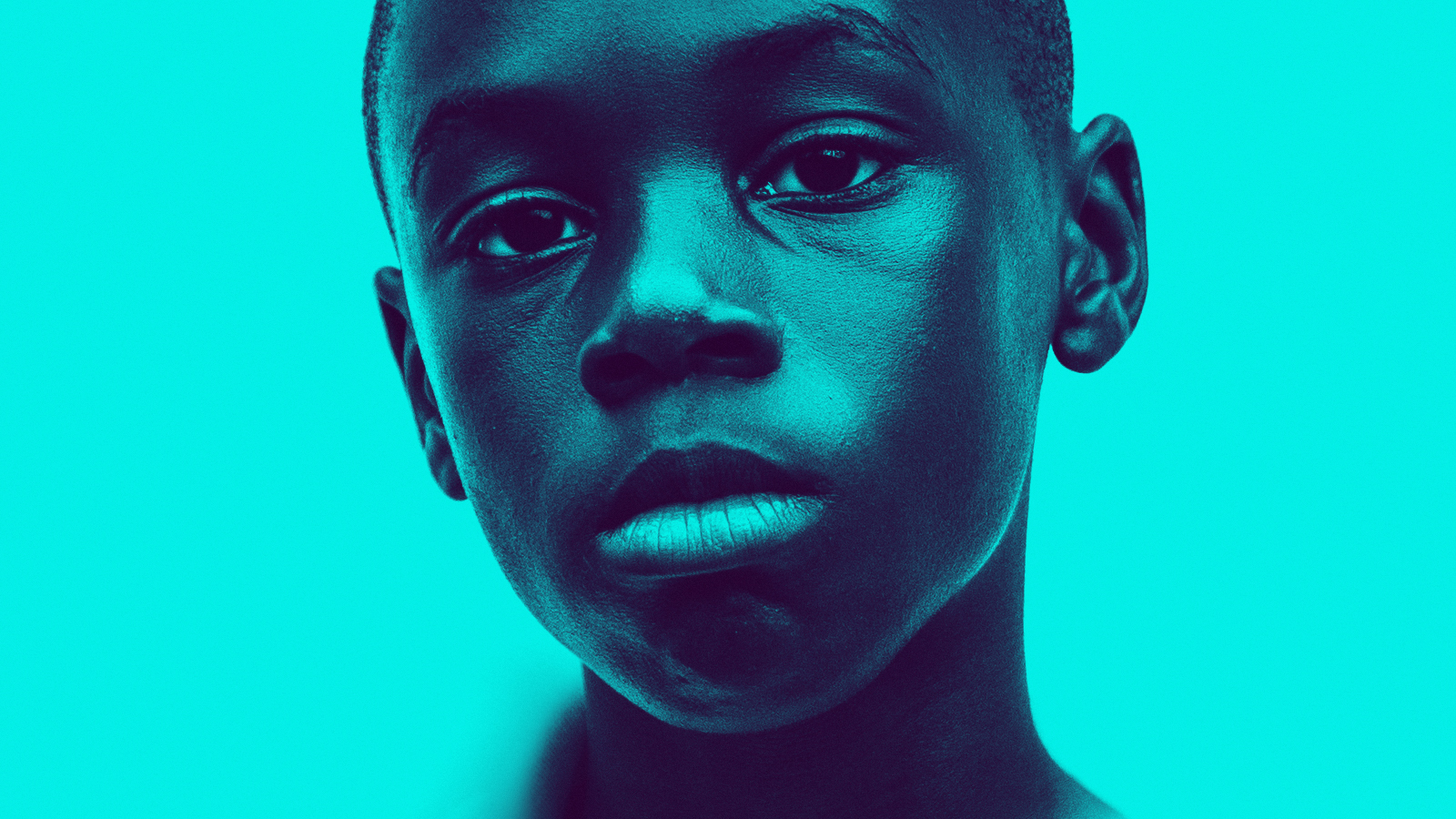
Baldwin’s Giovanni’s Room is a novel that has echoed into the distances. Its implications and its problems are our own. As it were, Baldwin’s world is not so far off from the contemporary. We can see this in a number of popular novels in queer literature today. Yet Baldwin’s scope goes beyond the page and even onto the award-winning screen.
Barry Jenkins, the director of Moonlight, told the LA Times, “I describe ‘Moonlight’ as sort of the child of ‘Giovanni’s Room’ and ‘The Fire Next Time…What I love about what Baldwin does is that the plot is important, but the emotions are much more what he’s about. That’s the way ‘Moonlight’ works too.” (The article of which you can find here).
Moonlight and Giovanni’s Room boil down to quite a few notable things that connect a 1950’s expat Paris to modern Miami, Florida. One being the suffocating and denial of identity. Often there are moments in both the film
 and the novel where the protagonists chose to overlook, try to squash completely, the homosexual desires they’re feeling. This, as well, was an intentional mirroring for Jenkins who created Moonlight based on bits of his own experiences.
and the novel where the protagonists chose to overlook, try to squash completely, the homosexual desires they’re feeling. This, as well, was an intentional mirroring for Jenkins who created Moonlight based on bits of his own experiences.
Many articles have cropped up as of yesterday where Jenkins gave an interview with what would have been his acceptance speech for Best Film at the 2017 Oscars, making the comparison all too significant not to bring up. Eerily enough, the sentiments both Jenkins and Baldwin received from agents on their work resemble one another quite a bit. Baldwin says his publisher told him to burn his book because it would alienate his black readership. Similarly, Jenkins says, “There were people telling me this is career suicide…a young black boy struggling with his sexuality and his mom is addicted to crack cocaine.”
Both Giovanni’s Room and Moonlight compel readers to sympathize with characters who struggle with finding their identity, who grapple with loss and who deal with the inability to fully love another.
Jenkins, who also announced his next film will be based on Baldwin’s If Beale Street Could Talk, leaves his year-late Oscar speech saying, “if I cried that night, it wasn’t because we won best picture, I cried because I realized I denied myself that dream for so long,”. A sentiment echoed back in time to Baldwin and to his characters David and Giovanni in a book that also was ‘‘not so much about homosexuality, [as it was] what happens if you are so afraid that you finally cannot love anybody,” ( The Unsparing Confessions of Giovanni’s Room.)
Additional background reads:
https://en.wikipedia.org/wiki/Giovanni%27s_Room#cite_note-5
http://variety.com/2018/film/news/barry-jenkins-oscars-speech-sxsw-1202723614/
No comments yet.